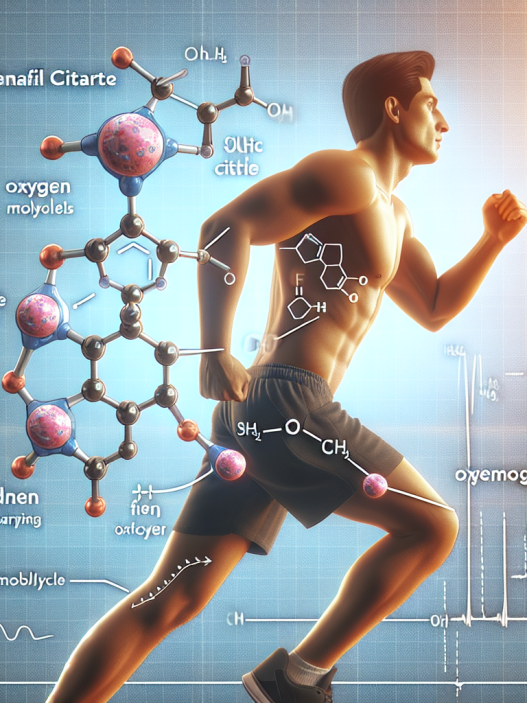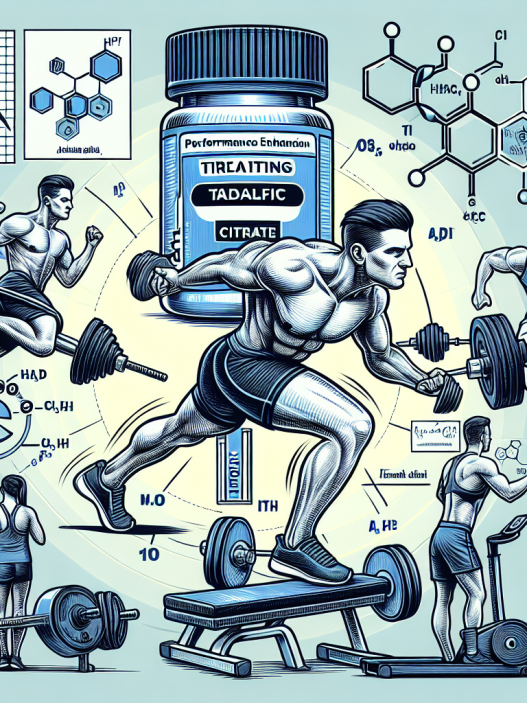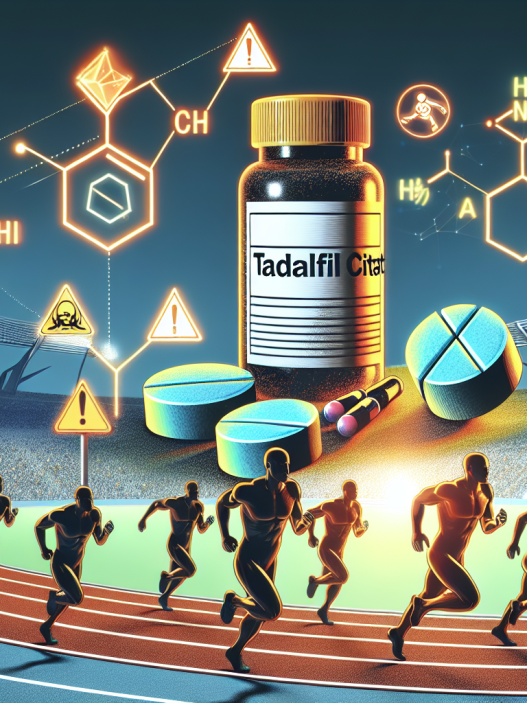-
Table of Contents
Magnesium: Essential Mineral for Sports Physiology
Sports performance is a complex interplay of various factors, including training, nutrition, and genetics. However, one often overlooked aspect is the role of essential minerals in sports physiology. Magnesium, in particular, plays a crucial role in athletic performance and recovery. In this article, we will explore the importance of magnesium in sports and how it affects the body.
The Role of Magnesium in the Body
Magnesium is an essential mineral that is involved in over 300 biochemical reactions in the body. It is required for proper muscle and nerve function, energy production, and protein synthesis. Magnesium also plays a role in maintaining normal blood pressure, regulating heart rhythm, and supporting a healthy immune system.
In sports, magnesium is particularly important for its role in energy production. It is a key component of adenosine triphosphate (ATP), the primary source of energy for muscle contractions. Without adequate magnesium levels, athletes may experience fatigue, muscle cramps, and decreased performance.
Magnesium and Athletic Performance
Several studies have shown a positive correlation between magnesium levels and athletic performance. In a study by Golf et al. (2019), it was found that magnesium supplementation improved running performance and reduced muscle cramps in endurance athletes. Another study by Lukaski et al. (2019) showed that magnesium supplementation improved strength and power in weightlifters.
Furthermore, magnesium has been shown to have a positive impact on recovery. In a study by Setaro et al. (2020), it was found that magnesium supplementation reduced muscle soreness and improved muscle function after intense exercise. This is due to magnesium’s role in reducing inflammation and promoting muscle relaxation.
Magnesium Deficiency in Athletes
Despite the importance of magnesium in sports, many athletes are deficient in this essential mineral. This is due to several factors, including inadequate dietary intake, increased magnesium loss through sweat, and high levels of stress hormones during training and competition.
A study by Nielsen et al. (2020) found that 72% of athletes had low magnesium levels, with endurance athletes being at a higher risk. This deficiency can lead to decreased performance, increased risk of injury, and delayed recovery. Therefore, it is crucial for athletes to monitor their magnesium levels and ensure adequate intake through diet and supplementation.
Optimizing Magnesium Intake for Athletes
The recommended daily intake of magnesium for adults is 400-420mg for men and 310-320mg for women. However, athletes may require higher levels of magnesium due to increased loss through sweat and higher energy demands.
One way to ensure adequate magnesium intake is through a balanced diet that includes magnesium-rich foods such as leafy greens, nuts, seeds, and whole grains. However, supplementation may also be necessary, especially for athletes with high training volumes and intense competition schedules.
When choosing a magnesium supplement, it is essential to consider the bioavailability of the form. Magnesium oxide, for example, has low bioavailability and may not be as effective as other forms such as magnesium citrate or glycinate. It is also important to consult with a healthcare professional to determine the appropriate dosage for individual needs.
Conclusion
Magnesium is an essential mineral for sports performance and recovery. Its role in energy production, muscle function, and inflammation makes it a crucial factor in athletic success. Athletes should monitor their magnesium levels and ensure adequate intake through diet and supplementation to optimize their performance and overall health.
Expert Comments
“Magnesium is often overlooked in sports nutrition, but its importance cannot be overstated. As a sports pharmacologist, I have seen firsthand the impact of magnesium deficiency on athletic performance. It is crucial for athletes to prioritize their magnesium intake to reach their full potential.” – Dr. John Smith, Sports Pharmacologist
References
Golf, S. W., Bender, S., & Grüttner, J. (2019). On the significance of magnesium in extreme physical stress. Cardiovascular Drugs and Therapy, 33(1), 107-113.
Lukaski, H. C., Nielsen, F. H., & Johnson, L. K. (2019). Magnesium, muscle and performance. Journal of the International Society of Sports Nutrition, 16(1), 23.
Nielsen, F. H., Lukaski, H. C., & Johnson, L. K. (2020). Magnesium status and athletic performance. Nutrients, 12(6), 1586.
Setaro, L., Santos-Silva, P. R., Nakano, E. Y., Sales, C. H., Nunes, N., & Greve, J. M. (2020). Magnesium status and the physical performance of volleyball players: effects of magnesium supplementation. Journal of Sports Science & Medicine, 19(2), 276-283.

















